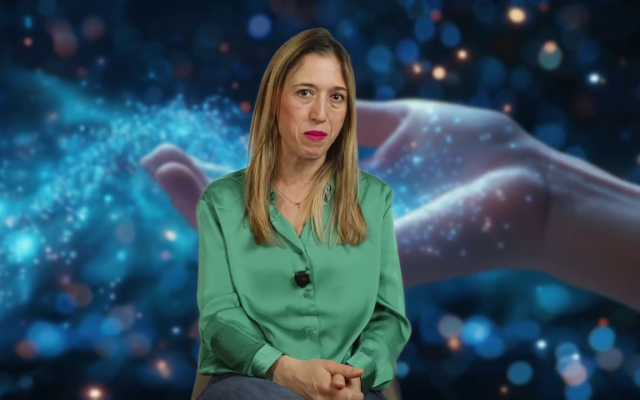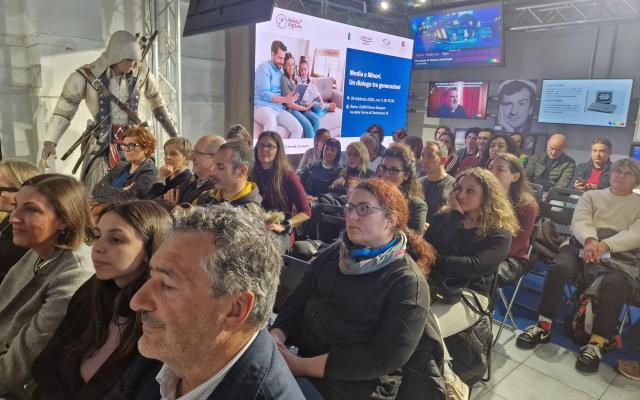Milan, October 7: developing bias-free chatbots
Unfortunately, the diffusion of IT and more recently that based on AI has introduced new forms of ten subtle social exclusion and marginalization that have a particular impact on women. This critical issue was recently highlighted by a UNESCO report on gender equality and artificial intelligence: “Algorithms and devices have the potential of spreading and reinforcing harmful gender stereotypes. These gender biases risk further stigmatizing and marginalizing women on a global scale. Considering the increasing ubiquity of AI in our societies, such biases put women at risk of being left behind in all realms of economic, political and social life. The report, published in 2020, continues a debate begun in 2019 with an initial report entitled “I’d Blush if I Could” that pointed out how vocal assistants have the names and voices of women and express a personality, an attitude that can be defined as “submissive.” These stereotypes and biases reflect the strong gender disequilibria in education concerning digital skills and the composition of AI development teams with significant inequalities that persist in the top management directing the teams [source: L'intelligenza artificiale per lo sviluppo sostenibile].
Today, we announce that names of the 25 young women who decided to address the challenge we launched with Italgas and Microsoft for the development of inclusive and representative chatbots, capable of accepting and recognizing diversity. The 25 women will participate in the Creathon (creative hackaton) that will be held in Milano on October 7. We would like to thank the 19 universities that decided to collaborate on the challenge and create teams of women ready to develop bias-free chatbots!
- Alina Bohuslavska, University of Milano Bicocca, AI for Technologies and Science
- Sara Cavallini, University of Bergamo, Computer Engineering
- Denise Cucchi, University of Padova, Department of Chemistry
- Ludovica Di Clemente, “Guido Carli” International University of Social Studies, Department of Political Science, Master’s Degree in Government, Administration and Politics
- Ludovica Di Giacomo, “G. D'Annunzio” University of Chieti - Pescara, Department of Business
- Alessia Di Nicola, “G. D'Annunzio” University of Chieti - Pescara, Economics and Management Programme
- Lorenza Fracasso, Rome University of Fine Arts, Graphic Design
- Ailin Aymara, Iori, “G. D'Annunzio” University of Pescara, Languages and Literature
- Vanessa Karam, Turin Polytechnic, Electronics and Communication Engineering
- Alice Latella, “G. D'Annunzio” University, Department of Business
- Maria Grazia Lorusso, Bari Polytechnic, Management Engineering
- Simona Martano, University of Salento, Mathematics and Physics
- Giorgia Mazzaro, Turin Polytechnic, DET (Department of Electronics and Telecommunications)
- Noemi Moriero, “G. D'Annunzio” University of Chieti - Pescara, Construction Engineering
- Anna Paron, Scuola Superiore Sant'Anna di Pisa, Department of Economics and Management
- Anna Pedretti, Alma Mater Studiorum University of Bologna, Mechanical Engineering
- Marzia Piemontese, Rome Campus Bio-Medico University, Departmental Faculty of Engineering
- Celeste Quercia, ISIA Urbino, Advanced Course in Communications and Design for Publishing
- Raffaella Ricci, University of Roma Tor Vergata, Department of Civil and Computer Engineering
- Adele Robaldo, Turin Polytechnic, Mechanical and Aerospace Engineering
- Sophia Rondinelli, University of Roma Tre, Department of Mechanical Engineering (IEM)
- Giulia, Rossi, Alma Mater Studiorum University of Bologna, Industrial Engineering (DIN)
- Sofia Serio, University of Naples - Parthenope, Department of Science and Technology
- Jenny Turrin, University of Trento, Economics and Management
- Laura Ventrice, University of Turin, Department of Computer Science


